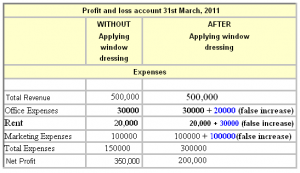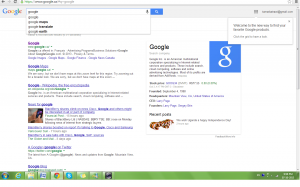Nike lately announced the launching of its updated version of the “FuelBand”, a device which allows people to track their activity level, including the hours of sleep that they get. Nike decided to improve its FuelBand just to keep up with other companies with competing devices. But WHY? The question isn’t just why update, but why have a device like this in the first place?

Nike is known to be a sportswear brand, mainly focused on clothing and footwear. Personally, I am a customer who is loyal to the Nike brand, for the value proposition that it offers, including the consistent quality of its products, encouraging people to be achievers, as well as promoting a healthy lifestyle. I believe that trying to integrate technology with a healthy lifestyle is actually very contradictory, as huge dependence on technology is actually negatively affecting human beings’ health. Human beings should seriously take a break from technology, especially when exercising or walking while wearing NIKE CLOTHES AND SHOES!

I feel like this issue with Nike is very similar to the case of Amazon discussed in class. As Amazon tried to start streaming TV shows and movies to compete with Netflix, it eventually failed because it had tried to expand beyond its niche in the market.
Therefore, Nike should remain inside the niche that it fills in the market, and not diversify too much, to develop good corporate strategy, as strategy does not only consider what a business should go into, but what a business should avoid going into, so that it can maintain its competitive advantage.

http://www.businessweek.com/articles/2013-10-15/sorry-nike-youre-a-tech-company-now#r=read



Recent Comments